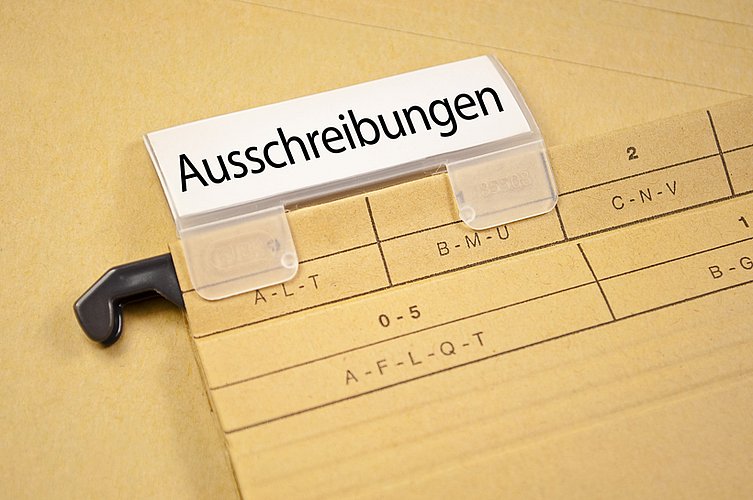The Sub-Threshold Procurement Ordinance is coming: In 2018, bidders and contracting authorities will have to adapt to new rules that are specific to individual German states
Countdown - Coming in 2018!
The new sub-threshold procurement ordinance may lead to fragmented procurement law in award procedures with contract values below the EU threshold. The new ordinance is scheduled to be introduced gradually by each German state in 2018. But whether and to what extent the sub-threshold procurement ordinance actually comes into force is up to the respective state.
Following the reform of EU-wide procurement above the EU thresholds, the rules for awarding public contracts at national level below the EU thresholds have now also been reformed. The sub-threshold procurement ordinance replaces the first section of the current Procurement and Contract Regulations for Services (VOL/A). It entered into force on the federal level on September 2, 2017, followed by Hamburg on October 1. Other German states are scheduled to introduce the ordinance successively in 2018.
This does not apply to all German states, however. Just as VOL/A, the sub-threshold procurement ordinance is not a law, but an administrative regulation under budgetary law. Thus, each state decides for itself whether the ordinance will enter into force. In view of the sometimes considerably different regulations in state procurement laws, uniform and comprehensive implementation of the new ordinance is highly unlikely. This results in fragmentation of public procurement law and even more confusion for contracting authorities and bidders.
It is likely that not all German states will implement the sub-threshold procurement ordinance in its entirety. The result will be fragmentation of procurement law in the sub-threshold range.
The sub-threshold procurement ordinance was actually intended to simplify procurement law. Its stated objective is to ensure that regulatory approaches in the new harmonized procurement law are also applied to the award of public contracts for supplies and services below the EU thresholds, without abandoning existing simplifications. For this purpose, the sub-threshold procurement ordinance is closely guided by the requirements of the Procurement Ordinance, both structurally and in terms of content.
But even where the sub-threshold procurement ordinance comes into force, contracting authorities and bidders have to prepare for new rules. One of the biggest innovations is the obligation to award contracts electronically (e-awarding). In particular, this means that contract awards must be announced on the client's website or on internet portals, that the award documents can be accessed electronically, that participation applications and bids must be submitted electronically, and that all communication is to take place electronically. According to the Federal Ministry of Economics and Environment, this will cut administrative cost of EUR 1.8 billion annually. Companies would also save EUR 3.9 billion in personnel and material cost per year. Uniform introduction would therefore also be desirable for the users.
We bundle our many years of experience in public procurement law and in entering into public-private partnerships and help our clients to keep a clear view of the legal situation.
Your contacts are the experts from the Health Care, Pharma & Life Sciences Practice Group. Dr. Daniela Hattenhauer and Ute Klemm are part of the team and specialize in public procurement law, real estate and construction law. They are legal experts in field of public private partnerships.





![[Translate to English:] [Translate to English:]](/fileadmin/_processed_/4/5/csm_Bild_der_Erde_aus_dem_Weltraum_Satellit_iStock_erweitert_32bc9df7de.jpg)





